Important.
Due to Corona I have to cancle the blockcourse (unfortunately!). Please note, the course will be offered as regular course in SoSe 2020 (start 20.April). We work hard to make all teaching (lectures, exercises, exam) online. I am optimistic that we succeed.
This lecture covers areas of computer vision which deal with 3D reconstruction and scene understanding. This means, for instance, to recover a 3D scene from a set of photographs or video, or to extract and track objects in the scene. We discuss the underlying principles and methods to solve such tasks. In particular, we cover techniques from deep learning, traditional approaches, and mixtures of the two. We also introduce the necessary background knowledge, e.g. camera models, deep learning, image formation model, Kalmann Filters, etc.
Content:
- Brief introduction to required Machine Learning concepts (Neural Networks, Invertible Networks, etc)
- Sparse feature detection and description (points, edges, LIFT) w/ and w/o Neural networks
- Projective Geometry, Epipolar Geometry
- Sparse reconstruction (image matching, image descriptors) w/ and w/o Neural Networks
- Robust matching w/ Neural networks (Differentiable RASANC and related pipelines)
- Dense Reconstruction, SLAM and Camera Localization
- 3D Object detection (End-to-End Trainable Pipelines) w/ and w/o Neural Networks
- 3D Object tracking (6D Pose estimation, Kalman Filter, Particle Filter)
- 3D Training data generation and Instance Segmentation
- Poster Session Presentation by the students
Formalities:
Teaching assistant (main point of contact): Titus Leistner titus.leistner@iwr.uni-heidelberg.de
Registration: Please register yourself via MUESLI. If you have problems please contact the teaching assistant.
Prerequisite: no prerequisites, but it is recommended to have Machine Learning Background, e.g. Fundamentals of Machine Learning or equivalent
Exam: Practical mini research project, including a graded final report (about 8 pages). The final report has to be submitted by May 31, 2020. Please use the IEEE Manuscript Template.
Leistungspunkte: 6 LP
Amount of work: 180h thereof 30h Lectures, 30h Exercises, 20h Revision and Home Exercise, 70h programming a mini research project, and 30h preparation of final report.
(Comment, the mini research project will start at the end of lecture).
Usability: Physics, MSc. Angewandte Informatik MSc. Scientific Computing
Slides
All the slides are uploaded to heiBOX.
The password will be disclosed in the first lecture.
Teaching goals:
The students
- Understand the principles behind estimating 3D Point Clouds and Motion from two or more images. They are able to apply this knowledge to new tasks in the field of 3D reconstruction.
- Understanding the principles of an image formation process and corresponding Geometry. This can be utilized to design new algorithms, for e.g. 3D motion estimation for autonomous driving.
- Understand and implement methods that combine machine learning based methods with classical computer vision based techniques.
- Have studied various state-of-the-art computer vision systems and approaches, and are then able to evaluate and classify new systems and approaches.
- Understand and implement different approaches for object tracking and object-instance recognition.
Information about when and where the course takes place, can be found here.


